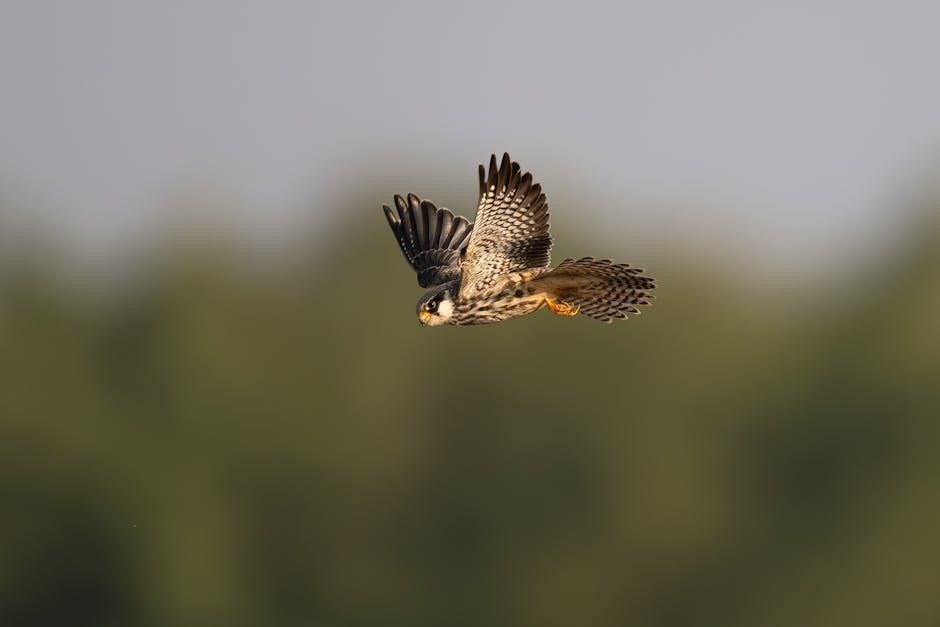Coin hunting is a thrilling adventure that combines history, strategy, and luck. It involves searching for rare or valuable coins, often through rolls or public spaces. Enthusiasts enjoy the thrill of the hunt and the potential to uncover hidden treasures. Whether you’re a beginner or an expert, coin hunting offers endless excitement and opportunities for discovery.
1.1 What is Coin Hunting?
Coin hunting, often referred to as coin roll hunting, is the act of searching for rare, valuable, or collectible coins. It typically involves examining coin rolls from banks, loose change, or public spaces. Enthusiasts may also use metal detectors to uncover hidden treasures. The goal is to find coins with historical significance, unique designs, or those made from precious metals like silver or gold. Coin hunting appeals to both hobbyists and investors, as it combines the thrill of the hunt with the potential for financial gain. Whether you’re searching through rolls or digging outdoors, coin hunting offers a fun and rewarding experience for people of all ages.
1.2 The Appeal of Coin Hunting
Coin hunting captivates enthusiasts due to its unique blend of excitement, history, and potential rewards. The thrill of the hunt drives many, as each roll or dig could uncover a rare find. It also fosters a connection to the past, allowing hunters to hold pieces of history. Additionally, the possibility of discovering valuable coins makes it financially rewarding. Community bonding is another draw, as hunters share tips and stories. The hobby’s accessibility—starting small or using advanced tools—makes it appealing to all skill levels. Whether for fun, profit, or learning, coin hunting offers a rewarding experience that combines adventure with education.
1.3 Brief History of Coin Hunting
Coin hunting traces its roots to ancient times, when people first valued coins as currency and symbols of power. The practice evolved through centuries, with collectors seeking rare and historically significant coins. In the Middle Ages, coin collecting became a hobby among nobility. The 19th and 20th centuries saw the rise of metal detectors, revolutionizing the hunt. Today, coin hunting combines traditional methods with modern technology, attracting enthusiasts worldwide. The thrill of uncovering hidden treasures, whether in coin rolls or public spaces, continues to captivate adventurers. This blend of history, strategy, and luck makes coin hunting a timeless and rewarding pursuit for many.
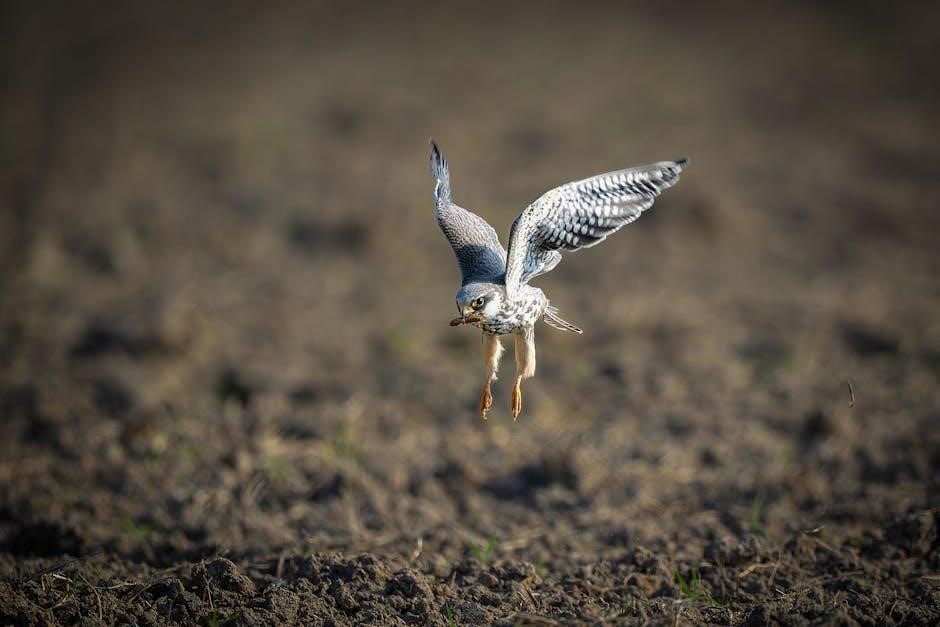
Getting Started with Coin Hunting
Begin by understanding the basics and starting small. Examine coin rolls, check for anomalies, and build relationships with banks. Start at home and educate yourself on what to look for in coins.
2.1 Understanding the Basics
Understanding the basics of coin hunting is essential for success. It involves knowing what to look for, such as rare dates, mint marks, or error coins. Start by familiarizing yourself with coin types, including pennies, nickels, dimes, and quarters. Learning to identify key features like die errors or silver rims can help spot valuable finds. Begin at home by sorting through personal collections or coin jars. Educate yourself on coin grading and condition, as these factors greatly impact value. Building a strong foundation in coin identification and history will enhance your hunting skills and make the process more enjoyable. Patience and persistence are key to uncovering hidden treasures.
2.2 Essential Equipment for Coin Hunting
To succeed in coin hunting, having the right tools is crucial. A metal detector is a must for scanning large areas efficiently. Gloves and a small shovel are handy for digging and handling coins gently. A magnifying glass helps inspect coins for rare markings or errors. Good lighting is essential for spotting details. Keep a coin album or folder to organize your finds. For roll hunting, a coin sorter can speed up the process. Lastly, a good pair of eyes and patience are your most valuable assets. These tools will enhance your coin hunting experience and increase your chances of finding valuable coins.
2.3 Where to Begin Your Search
Starting your coin hunting journey begins with identifying the right locations. Begin at home by sorting through your own coins or asking family members for unused rolls. Banks are another excellent starting point, as they often have unused coin rolls. Be polite to bank tellers and build a good relationship, as this can increase your access to rolls. Additionally, public spaces like parks or beaches can be fruitful, especially with a metal detector. Search through half-dollars and quarters, as these often contain silver or rare coins. Always examine rolls carefully for anomalies or unique markings. Remember, persistence and patience are key to finding valuable coins.
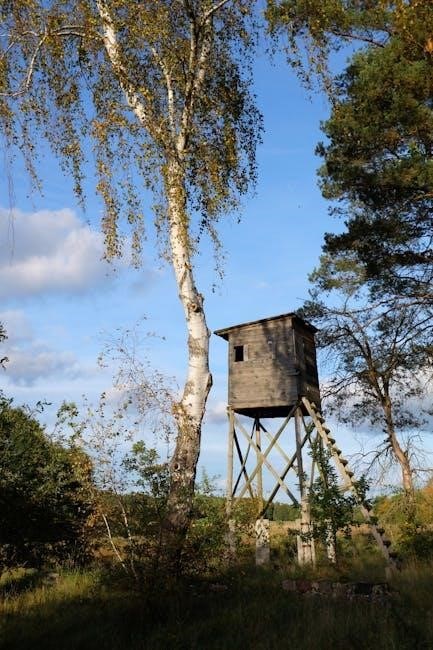
Effective Strategies for Coin Hunting
Effective strategies for coin hunting include knowing what to look for, searching through half dollars, and starting at home. Being nice to bank tellers and investing in a quality metal detector can also enhance your success.
3.1 Knowing What to Look For
When engaging in coin hunting, it’s crucial to know what to look for to maximize your success. Start by identifying rare or valuable coins, such as error coins, limited editions, or those with historical significance. Silver coins, especially those minted before 1965, are highly sought after due to their precious metal content. Additionally, inspect coins for unusual markings, die errors, or wear patterns that could indicate rarity. Educate yourself on current coin trends and grading systems to recognize potential treasures. Begin by examining coin rolls from banks or searching through loose change. Always keep an eye out for anomalies, as they often lead to exciting discoveries. Experience and knowledge will refine your skills over time.
3.2 Tips for Searching Through Coin Rolls
Searching through coin rolls can be rewarding if done systematically. Start by examining rolls from banks, as they often contain untouched coins. Look for anomalies, such as discolored edges or unusual dates. Check for silver rims on coins, which may indicate precious metal content. Inspect half dollars, as they often hide rare or valuable finds. Sort coins by type and year to spot variations. Use a magnifying glass for closer inspection. Be polite to bank staff and maintain a good relationship for consistent access. Stay patient and persistent, as valuable coins can be rare. These tips will enhance your coin roll hunting success.
3.3 How to Identify Rare or Valuable Coins
Identifying rare or valuable coins requires a keen eye for detail and knowledge of numismatic traits. Key factors include rarity, condition, and historical significance. Look for mint marks, die errors, and unique designs that set a coin apart. Cleaning coins gently can reveal hidden details without damaging their value. Researching coin guides and using online forums can help verify authenticity and worth. Familiarize yourself with grading standards to assess condition accurately. Additionally, certification from reputable organizations like PCGS or NGC can confirm a coin’s value. Always stay updated on market trends to recognize emerging valuable coins.
Advanced Techniques in Coin Hunting
Mastering metal detectors, refining digging skills, and targeting silver or precious metals can elevate your coin hunting success. Stay updated on trends to enhance your strategy.
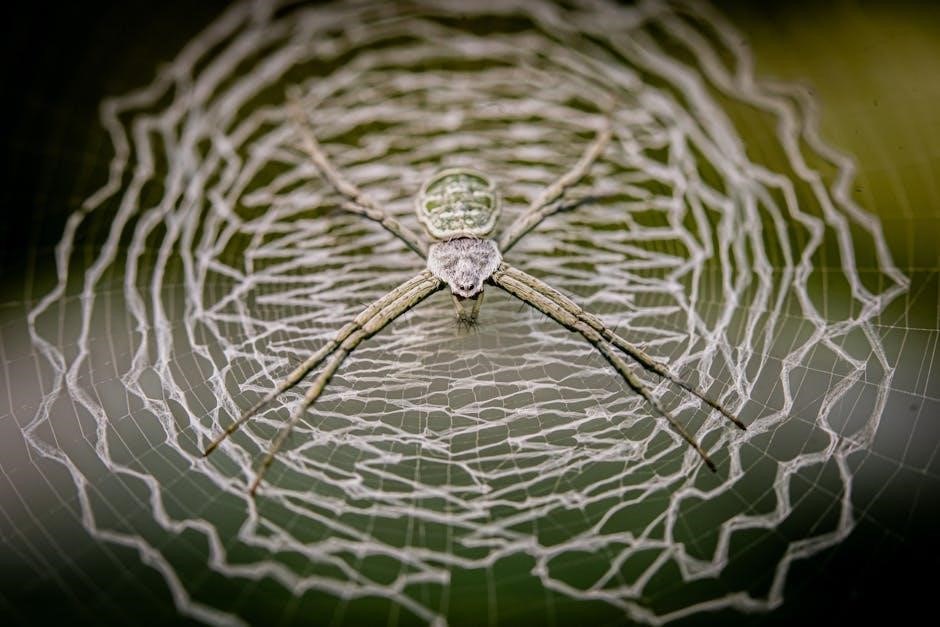
4.1 Using Metal Detectors for Coin Hunting
Metal detectors are essential tools for coin hunting, helping enthusiasts locate coins in various terrains like parks, beaches, and historical sites. Modern detectors offer features like ground balancing, sensitivity adjustments, and target identification, making them highly effective. VLF (Very Low Frequency) detectors are ideal for coin hunting due to their ability to detect small objects, while Pulse Induction (PI) detectors excel in mineral-rich soils and saltwater environments. When using a metal detector, start with pre-set programs for coins and adjust settings as needed. Always practice in different conditions to improve accuracy. Remember to check local laws before hunting, as some areas restrict metal detector use. With patience and skill, metal detectors can significantly enhance your coin hunting success.
4.2 Perfecting Your Digging Technique
Mastering your digging technique is crucial for successful coin hunting. Start by using a metal detector to pinpoint targets accurately. Once a signal is detected, dig carefully to avoid damaging the coin or surrounding soil. A small, sturdy trowel or shovel is ideal for precise excavation. Always dig in a controlled manner, creating a small hole to extract the item. Sift through the soil to ensure no smaller coins are missed. Practice in different terrains to adapt your method. Remember to refill holes and leave the area as you found it, respecting both the environment and private property. Patience and precision are key to uncovering hidden treasures.
4.3 How to Search for Silver and Other Precious Metals
Searching for silver and other precious metals is a key part of coin hunting. Start by examining coin rolls for silver rims, a common indicator of valuable coins. Look for die errors or unusual markings that may signify rarity. Use a metal detector to scan public areas like parks or beaches, where lost coins might lie. When digging, use precise techniques to avoid damaging coins. Focus on areas with high foot traffic or historical significance. Additionally, sort through personal collections or inherited coins, as hidden gems may be lurking. Stay updated on market trends to identify valuable finds. Patience and persistence are essential for uncovering silver and precious metals in your coin hunting journey.
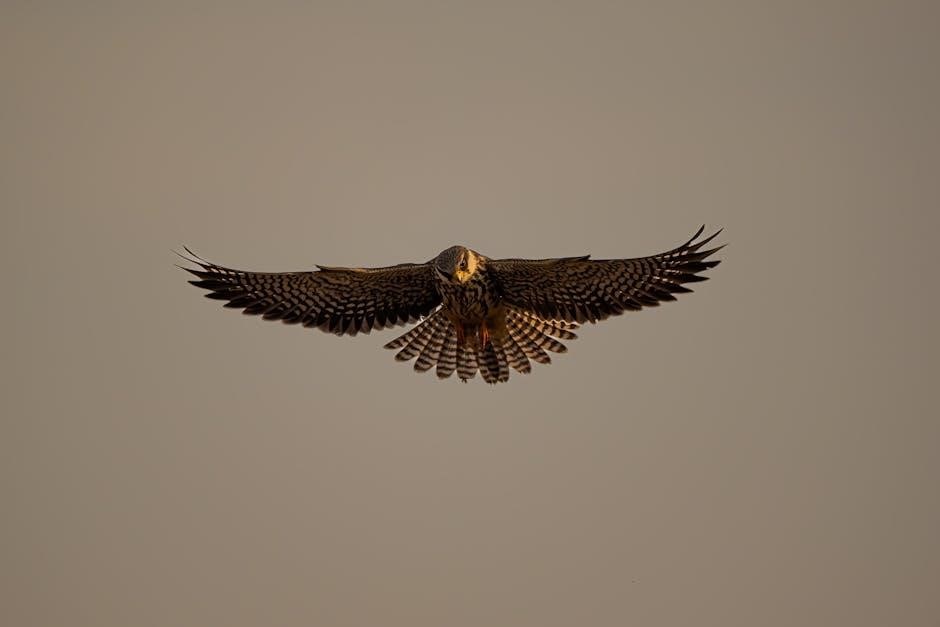
Legal and Ethical Considerations
Coin hunting requires respecting local laws, private property, and public spaces. Always adhere to regulations and ethical practices to ensure a positive experience for everyone involved.
5.1 Understanding Local Laws and Regulations
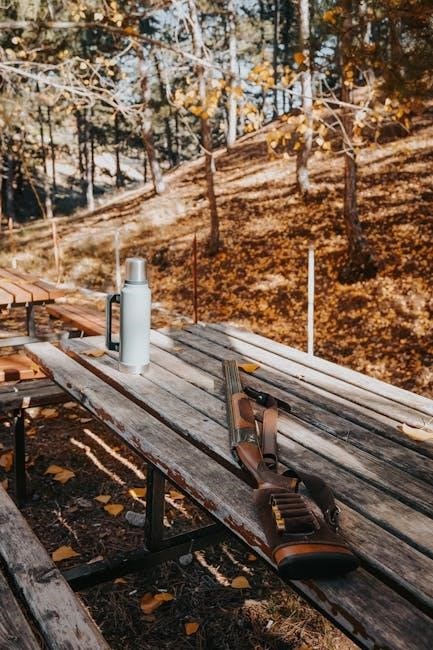
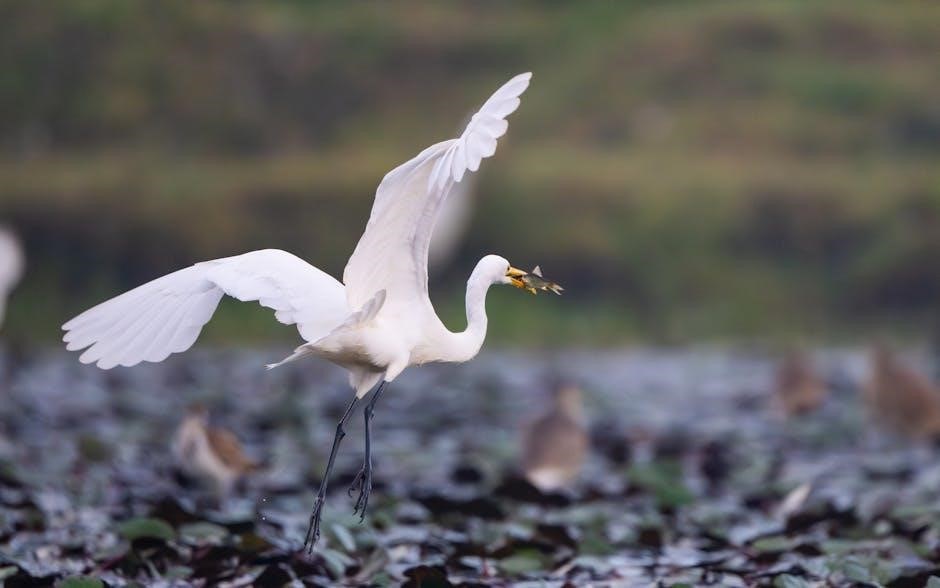
Before starting your coin hunting journey, it’s crucial to understand local laws and regulations. These rules vary by location and may restrict where and how you can search for coins. Respecting private property is essential, as trespassing can lead to legal consequences. Public spaces may have specific permits or permissions required for metal detecting or digging. Additionally, some areas, like historical sites or parks, may be off-limits to protect cultural heritage. Always research and comply with local ordinances to avoid legal issues.
- Check if permits are needed for metal detecting or digging.
- Be aware of protected areas, such as historical sites or parks.
- Respect private property rights and obtain permission before searching.
Staying informed ensures a smooth and lawful coin hunting experience.
5.2 Ethical Guidelines for Coin Hunters
Coin hunting should always be conducted with respect and integrity. Respecting private property is paramount, as trespassing can lead to legal issues. Obtain proper permissions before searching on private land. Additionally, avoid damaging public or private spaces during your hunts, as this can harm the environment and tarnish the hobby’s reputation. Transparency in transactions is also crucial; always disclose the origin of coins when selling or trading. Lastly, support ethical practices by avoiding the purchase or sale of coins with unclear provenance. By adhering to these guidelines, coin hunters can ensure a positive and sustainable future for the hobby.
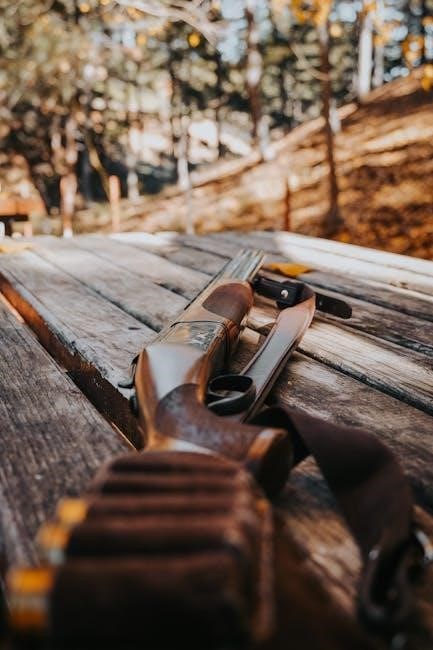
5.3 Respecting Private Property and Public Spaces
Respecting private property and public spaces is crucial in coin hunting. Always obtain permission before searching on private land, as trespassing can lead to legal issues. In public areas, follow local rules and regulations to avoid conflicts. Be mindful of sensitive sites, such as historical or protected areas, where hunting may be restricted. Clean up after your search to leave the environment as you found it. Disrespecting property can damage the reputation of coin hunters and limit future opportunities. Remember, ethical practices ensure access to hunting locations for everyone. Respect the land and its owners to maintain a positive image for the hobby.
Making Money from Coin Hunting
Coin hunting can be profitable by selling rare finds to dealers or online. Research, negotiate fairly, and use platforms like eBay to maximize earnings from your discoveries.
6.1 Selling Your Finds
Selling your coin finds can be an exciting way to monetize your hobby. Researching the market value of your coins is crucial to ensure fair pricing. Grading services can help verify the condition and authenticity of rare coins, increasing their appeal to buyers. You can sell through coin dealers, online marketplaces, or auction houses. Building relationships with local dealers and understanding their commission fees is essential. Additionally, online platforms like eBay or specialized coin forums provide global reach. Consider starting with smaller, more common coins to gain experience before moving to rare or high-value items. Transparency and honesty in transactions will help you build a reputable seller profile.
6.2 Negotiating with Coin Dealers
Negotiating with coin dealers requires a mix of knowledge and strategy. Start by researching your coins’ market value to ensure fair offers. Building a relationship with dealers can lead to better deals over time. Be honest about your finds and ask for their expertise. Consider starting with a slightly higher price to leave room for negotiation. Don’t hesitate to walk away if the offer feels unfair. Some dealers may offer bulk deals, while others specialize in rare coins. Always compare offers from multiple dealers to secure the best price. Remember, negotiation is a two-way street, and both parties should feel satisfied with the outcome.
6.3 Online Platforms for Selling Coins
Online platforms have revolutionized the way coin hunters sell their finds. Popular options include eBay, Etsy, and specialized coin forums. eBay offers a vast audience, while Etsy caters to collectors seeking rare items. Social media groups and dedicated coin communities also provide direct access to buyers. When listing coins, high-quality images and detailed descriptions are essential. Researching similar listings ensures competitive pricing. Some platforms charge fees, so consider costs when setting prices. Additionally, platforms like Heritage Auctions and Stack’s Bowers host online auctions for high-value coins. Engaging with online forums can also help connect with serious buyers and build trust. Selling online requires patience but offers global reach and convenience.
Success Stories and Inspiration
Coin hunting sparks excitement with tales of rare discoveries. Famous finds inspire enthusiasts, while amateur hunters share motivational stories, proving that anyone can uncover hidden treasures and embark on thrilling adventures.
7.1 Famous Coin Hunting Discoveries
Coin hunting has led to some remarkable discoveries, inspiring enthusiasts worldwide. One notable find includes rare coins hidden in public spaces, such as certificates tucked in major cities like New York and Boston. These hidden treasures, often linked to auction houses, have sparked excitement among hunters. Another famous discovery involves the 1913 Liberty Head nickel, found in a coin roll, now valued at millions. Metal detectors have also uncovered historic coins, like the 1804 Draped Bust dollar, a rare error coin. Such stories highlight the thrill and potential rewards of coin hunting, motivating many to embark on their own adventures.
7.2 Stories of Amateur Coin Hunters
Amateur coin hunters often share inspiring stories of their journeys. Many start as hobbyists, discovering rare coins by chance. For example, a beginner might find a valuable error coin in a roll from their bank. Others, like a collector who began with a single box of halves, gradually build impressive collections. These stories highlight the excitement of the hunt and the satisfaction of uncovering hidden treasures. They also emphasize the importance of persistence and knowledge. Even small finds can spark a lifelong passion, proving that coin hunting is accessible to everyone. These tales motivate newcomers to join the adventure and keep experienced hunters eager for their next discovery.
7.3 Lessons Learned from Experienced Hunters
Experienced coin hunters emphasize the importance of persistence and patience. They highlight that success often comes from consistent effort and a keen eye for detail. Building relationships with bank staff can provide access to more coin rolls, increasing chances of finding rare coins; Additionally, they stress the value of proper equipment, such as a quality metal detector, to enhance efficiency. Continuous learning about coin trends and error types is also crucial. Many veterans advise respecting the environment and ethical practices to maintain the hobby’s integrity. These lessons underscore the balance between skill, strategy, and enjoyment in coin hunting, making it a rewarding pursuit for enthusiasts.
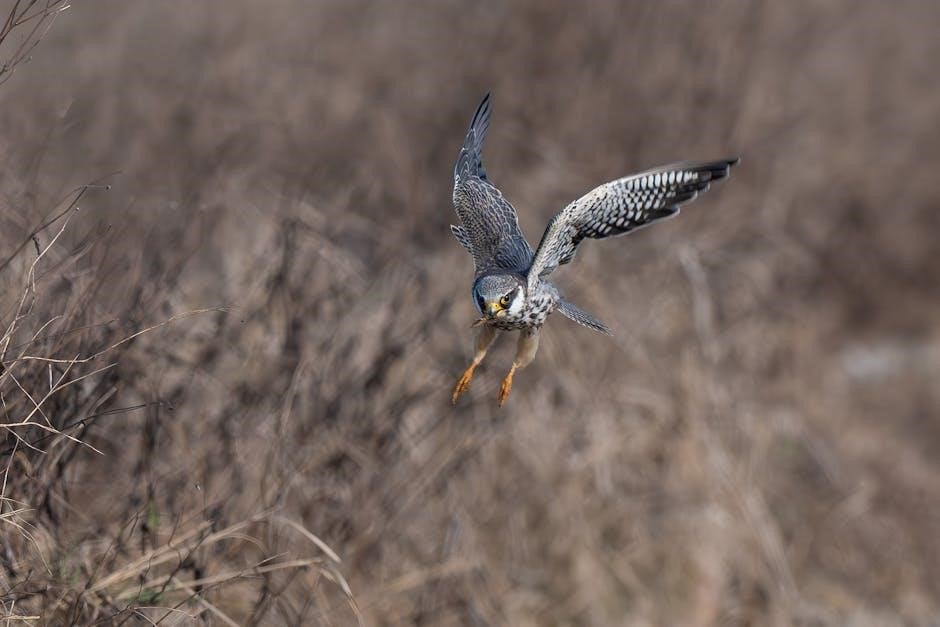
Continuous Learning and Improvement
Stay updated on coin trends, join communities, and attend workshops to refine your skills. Continuous learning enhances your coin hunting success and keeps you ahead in the hobby.
8.1 Staying Updated on Coin Trends
Staying updated on coin trends is essential for successful coin hunting. Market values and demand often fluctuate, so keeping an eye on current trends helps identify rare or valuable coins. Follow numismatic communities, coin forums, and auction sites to track what’s in demand. Online resources like coin collector blogs and YouTube channels provide valuable insights. Attend workshops or webinars to learn from experts. Additionally, coin grading services and certification programs can offer updates on rare finds. By staying informed, you’ll make better decisions when searching for or selling coins, ensuring you stay ahead in the hobby.
8.2 Joining Coin Hunting Communities
Joining coin hunting communities is a great way to connect with fellow enthusiasts, share tips, and learn from experienced hunters. Online forums, social media groups, and local clubs provide platforms to discuss strategies, showcase finds, and stay updated on trends. These communities often host events, workshops, and competitions, fostering camaraderie and knowledge exchange. By participating, you can gain insights into effective techniques, learn about rare coins, and discover new hunting locations. Building relationships within these groups can also open opportunities for collaborative hunts and mentorship. Engaging with coin hunting communities enhances your journey, making it more enjoyable and rewarding. Active participation can inspire you to refine your skills and explore new aspects of the hobby;
8.3 Attending Workshops and Events
Attending workshops and events is a fantastic way to enhance your coin hunting skills. These gatherings offer hands-on training, expert tips, and networking opportunities with experienced hunters. Workshops often cover topics like metal detector use, coin grading, and strategies for finding rare coins. Events may include live demonstrations, Q&A sessions, and access to exclusive resources. Many events also feature success stories from seasoned hunters, inspiring newcomers and veterans alike; By participating, you can stay updated on the latest trends and techniques, ensuring you remain competitive in the world of coin hunting. These events are invaluable for continuous learning and improvement, keeping you motivated and informed on your journey.
Coin hunting is a rewarding hobby combining history, strategy, and luck. Stay persistent, educate yourself, and embrace the thrill of discovery. Happy hunting!
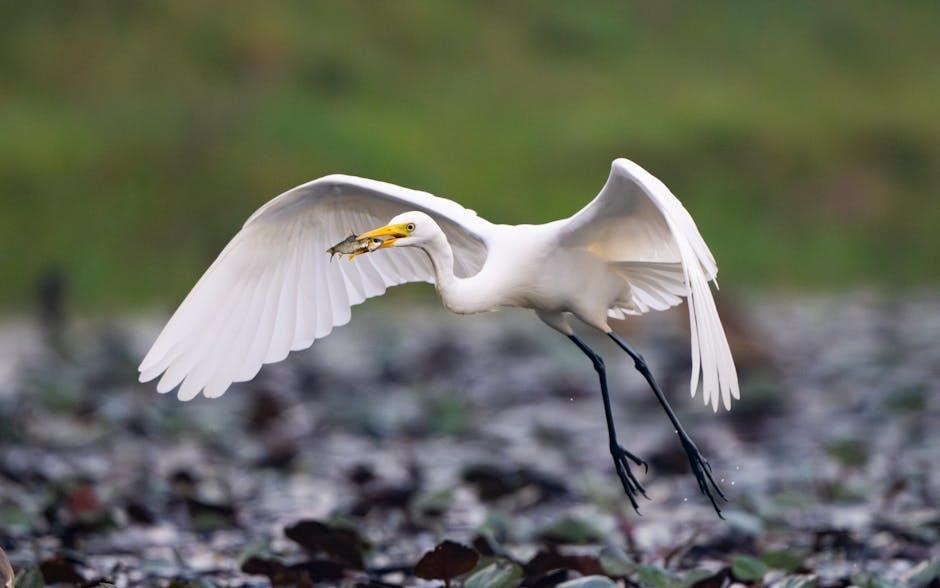
9.1 Final Tips for Aspiring Coin Hunters
For those starting their coin hunting journey, remember to educate yourself on coin identification and market trends. Begin by searching through personal collections or rolls from trusted sources. Build relationships with local banks and always be polite to staff, as they can be valuable allies. Invest in quality equipment, such as a good magnifying glass or metal detector, to enhance your searches. Stay persistent and patient, as success often comes with time. Always check coins carefully for rare dates, mint marks, or errors. Keep learning and stay updated on numismatic trends. Most importantly, enjoy the process and the thrill of the hunt!
9.2 The Future of Coin Hunting
The future of coin hunting looks promising, with advancements in technology and growing interest in numismatics. New tools like AI-powered coin scanners and improved metal detectors will make hunting more efficient. Online communities and digital platforms are connecting hunters worldwide, fostering collaboration and knowledge sharing. As more people discover the thrill of the hunt, the hobby is likely to expand, with new strategies and techniques emerging. Additionally, the rise of virtual coin hunting games and augmented reality experiences may attract a younger generation. The integration of technology and tradition will ensure coin hunting remains a vibrant and evolving pursuit for years to come.
9.3 Encouragement to Start Your Journey
Embarking on a coin hunting journey is an exciting and rewarding adventure. Whether you’re searching through coin rolls or using a metal detector, every hunt offers a chance to uncover hidden treasures. Start small by exploring local banks or nearby public spaces, and gradually expand your efforts. The thrill of discovering rare or valuable coins is unmatched, and the stories you’ll gather along the way are just as valuable as the coins themselves. Stay curious, keep learning, and embrace the camaraderie of the coin hunting community. Remember, every hunt is a new opportunity to make history or find a piece of it. Begin today and see where your journey takes you!
